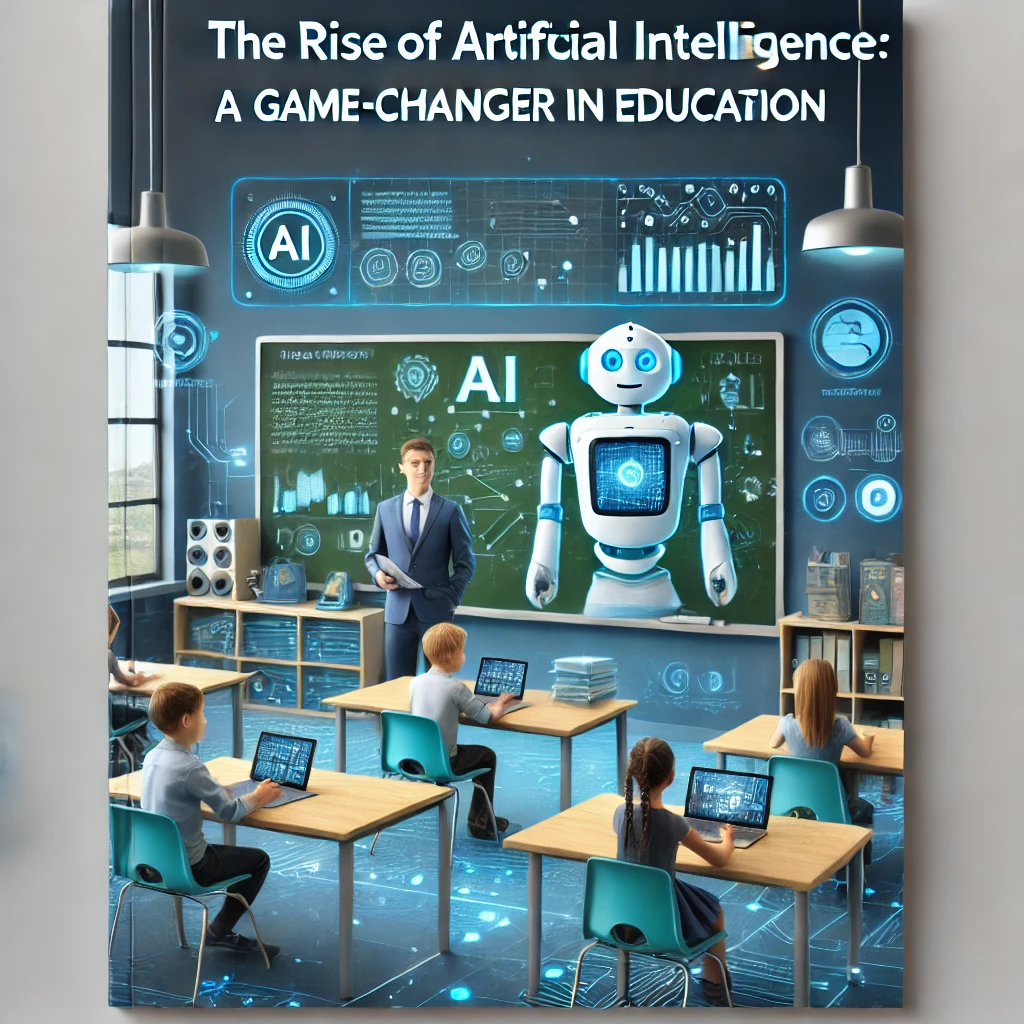Artificial Intelligence (AI) has moved beyond the realms of sci-fi to become an integral part of our everyday lives. In recent years, AI has also been revolutionizing education, providing new tools for teachers and reshaping how students learn. The power of AI to personalize and streamline the learning experience promises not only to make education more accessible but also to prepare students for a future where technology will be an essential part of almost every career path.
AI in Education: The Changing Landscape
AI's applications in education range from personalized learning platforms to automated grading systems. One of its biggest advantages is the ability to adapt to individual student needs. For example, AI-powered platforms can identify students’ strengths and weaknesses and adjust lesson plans accordingly, allowing each student to progress at their own pace. This personalized approach has been particularly beneficial for students who may need extra help with certain topics or, conversely, for those who excel and need more challenging material.
Benefits of AI in Learning
-
Personalization: With adaptive learning systems, AI helps teachers cater to different learning speeds and styles, enhancing student engagement and knowledge retention.
-
Efficiency for Educators: Grading and administrative tasks are time-consuming, and automated AI systems can help teachers focus more on interaction and instruction.
-
Accessibility: AI-powered platforms make education more accessible to those in remote or underserved areas. Additionally, AI tools like voice-to-text, language translation, and personalized tutoring are breaking down barriers for students with disabilities.
-
Preparation for the Future: Learning with AI tools prepares students for a tech-driven world. Familiarity with AI, coding, and digital tools will be crucial in tomorrow’s workforce.
The Future of AI in Education
AI is expected to continue evolving in the educational sphere, possibly introducing virtual tutors, immersive learning through AR/VR, and more advanced data analytics for student assessment. While concerns about AI replacing traditional teaching methods exist, experts argue that AI will more likely serve as a support tool, complementing human educators rather than replacing them.
Conclusion
Artificial intelligence is shaping a brighter future for education, making it more personalized, accessible, and efficient. As AI becomes more sophisticated, its role in education will likely expand, creating a learning environment that benefits both students and educators alike. By embracing these technological advancements, we can create a generation that is not only well-educated but also tech-savvy and ready for the future.

